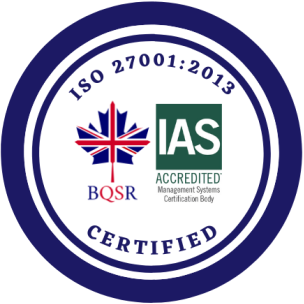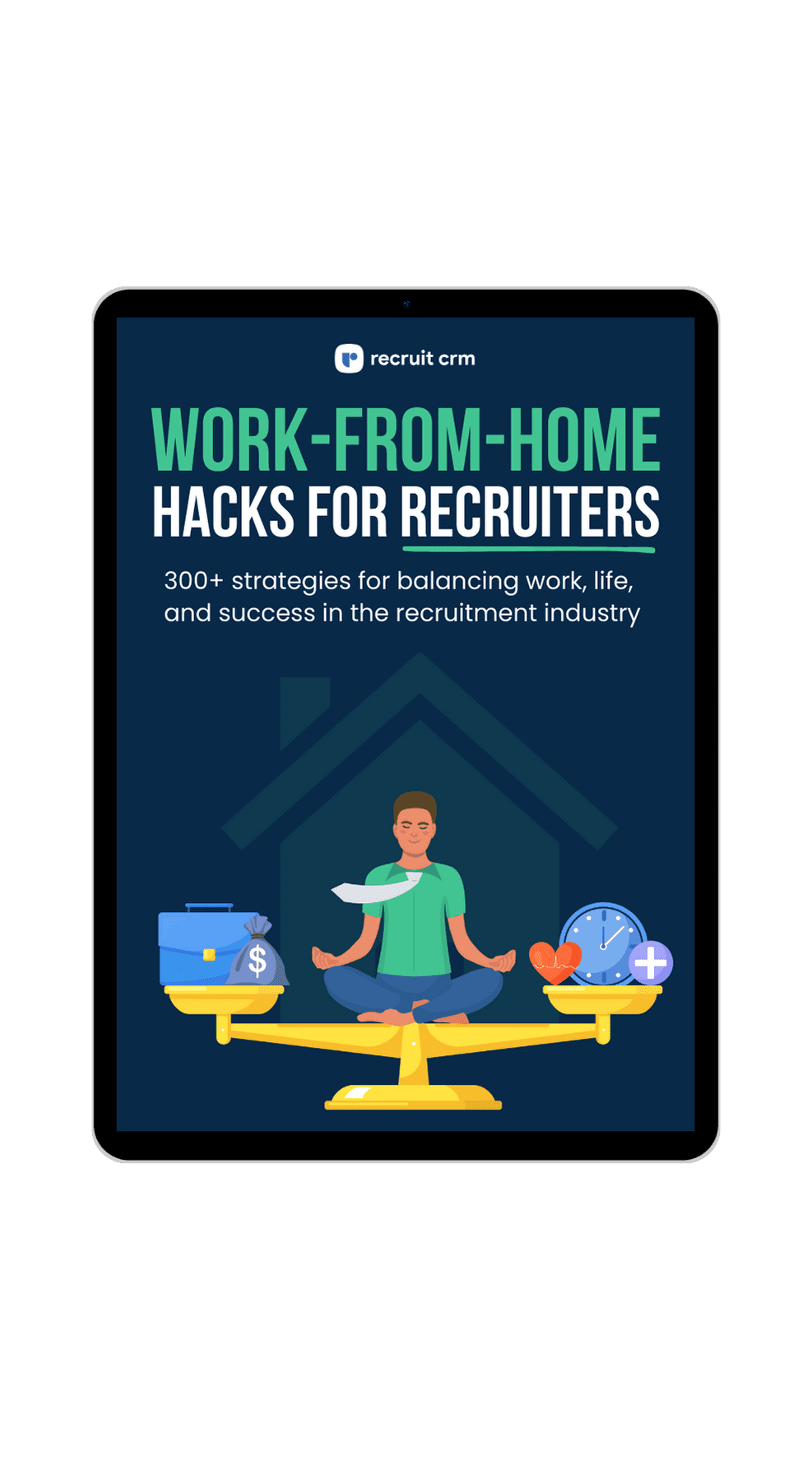Uncover the secrets of successful remote hiring in the digital age with expert tips and insights to take your recruitment team to new heights.

What is remote hiring?
Remote hiring refers to the process of sourcing, screening, and onboarding candidates for job positions without the need for in-person interactions.
This shift in recruitment practices has been driven by technological advancements, enabling organizations to cast a wider net and tap into talent pools across geographical boundaries.
Remote hiring eliminates the need for any physical interaction, making the process entirely virtual.
Why should you adopt remote recruiting?
Here’s how hiring teams are embracing new hiring practices involving virtual recruitment:
- 61% of recruiters expect video interviews to take over as the norm
- 65% of recruiters are extending offers without meeting candidates in person.
- 83% of companies are finding that their experience with remote work has been positive
With so many benefits to remote hiring, we promise you won’t look back on your old recruitment strategy either!
1. Provides access to a larger talent pool
Remote hiring allows recruiters to access a global talent pool, giving them access to a diverse range of job seekers with varying skill sets, perspectives, and experiences.
With the world in your hands, you’re no longer restricted to a geographical location for sourcing the best candidates.
2. Highly cost-effective
By eliminating the need for physical office spaces, hardware, and associated expenses, remote hiring offers significant cost savings for organizations.
3. Increases flexibility in the workspace
Remote work arrangements provide flexibility for both recruiters and candidates, fostering a better work-life balance and improving job satisfaction and employee retention.
Ultimately, flexibility in the hiring process also promotes a positive candidate experience and higher satisfaction.
4. Enhances overall productivity
Studies have shown remote workers often exhibit higher productivity levels, improving business outcomes.
With higher productivity, you can expect your hiring team to source the ideal candidates and onboard the best new hires for your organization.
Also read: Provide an unforgettable remote candidate & client experience!
What makes an excellent remote recruiter?

While the fundamentals of recruiting remain unchanged, remote hiring demands specific skills and attributes that enable recruiters to thrive in a virtual environment.
Here are some essential qualities recruiters must exemplify for successful remote recruitment:
1. Strong communication skills
Your ability to articulate job requirements, provide feedback, and establish rapport with candidates is vital. So, effective client and candidate communication is crucial in building trust and maintaining solid relationships.
With all your communication processes taking place virtually, your communication skills must be stronger than ever to avoid misunderstandings with candidates and team members.
2. Tech savviness
Unlike an in-office setting, remote hiring heavily relies on technology, so being adept at using technology such as video call tools and a recruitment software is essential.
It’s also important to ensure that your hiring process is technologically friendly so that potential candidates can submit their resumes, access job postings, and experience a smooth onboarding process.
3. Highly adaptable
The remote work landscape is dynamic and constantly evolving.
A successful remote recruiter must be adaptable, willing to embrace change, and stay updated with industry trends and best practices.
4. Exceptional organizational skills
Remote recruiters must excel in managing their time, multitasking, and staying organized amidst the virtual chaos.
Efficient planning and coordination are critical to ensuring a seamless recruitment process. With your entire team collaborating virtually, missing out on details is easy. That’s why, as a remote hiring team, it’s essential to establish a seamless and organized system, making hiring less time-consuming.
5. Maintaining empathy and emotional intelligence
Remote recruiters should be empathetic listeners, understanding candidates’ unique challenges and needs.
Developing emotional intelligence allows for better connection and engagement with applicants. Since you and your candidates are miles away from each, exemplifying a little extra empathy and emotional intelligence will help you bridge that communication gap.
6. Possessing problem-solving abilities
Remote hiring may present its own set of challenges, such as technical glitches or miscommunication.
A resourceful recruiter with excellent problem-solving skills can navigate these hurdles effectively.
You might also like: What should recruiters look for in CVs when hiring for remote jobs?
Best practices & tips for remote hiring

1. Look for candidates with strong communication skills
We know that remote work relies heavily on effective communication and collaboration. So, looking for candidates with excellent written and verbal communication skills is critical here.
They should be adept at utilizing various communication tools such as video conferencing, AI-powered hiring platforms, and project management software like Trello, Airtable, ClickUp, or Monday.com.
Not to mention, having a social butterfly can be a true blessing for a remote position.
2. Prioritize self-motivated and independent candidates
Remote work demands immense self-discipline and the commitment to work independently yet responsibly. And let’s be honest, that’s the purple squirrel every recruiter dreams of!
Try to seek out candidates who are self-motivated, organized, and capable of managing their time efficiently. Remember to look for past remote work experience or examples of taking initiative in previous roles.
3. Conduct virtual interviews effectively
Virtual video interviews are imperative when you are working remotely, and so is their effective conduct.
Ensure both parties have stable internet connections and a suitable environment for the interview. Conduct an intake meeting with your clients to understand the desired parameters to gauge the candidates effectively.
Make sure you frame your job interview questions strategically to understand your candidate’s personality, soft skills, and cultural fit better.
4. Assess adaptability and tech-savviness
Remote work often requires individuals to embrace new technologies and tools from day one. And a tech-savvy candidate can make onboarding with brand-new technologies easier and smoother.
You must design special modules to assess candidates’ adaptability and know-how with technology for better understanding. Look for individuals who quickly learn new software, have a growth mindset, and can navigate virtual work environments seamlessly.
5. Adopt a reliable remote hiring tech stack
What’s remote hiring without the right recruitment technology?
In a virtual environment, the right technology stack can make or break your remote hiring abilities. If you want you and your team to collaborate effectively and adopt a smooth hiring process, investing in the right recruiting tools is the best way to boost your productivity.
6. Provide clear expectations and support
Set clear expectations for remote employees regarding working hours, availability, and deliverables. The right candidates will thrive when they understand what is expected from them right from the beginning of the process.
Also, make sure you offer ongoing support and ensure open lines of communication to address any challenges or questions that new employees may have. Remote team management software can also help coordinate distributed teams once hired.
3 tips for recruiting the best remote talent

1. Look for candidates with remote working skills
When sourcing candidates, prioritize those with experience working remotely or who possess relevant remote working skills.
Scout for individuals with a track record of successfully collaborating with remote teams, managing their time effectively, and communicating efficiently across different time zones.
2. Frame relevant job descriptions
Craft job descriptions that specifically address the remote work context. Highlight the benefits of remote work, such as flexibility, work-life balance, and the opportunity to work with a diverse talent pool.
Be transparent about the expectations, skill assessment process, and remote work policies your company follows. Clearly mention the steps you’re following for a remote recruitment process and how the interview process will take place.
3. Source through the right platforms
Utilize remote job boards, professional networking sites, and social media platforms to target remote talent effectively.
Platforms like Flex Jobs, Remote.co, and We Work Remotely have dedicated sections for remote job listings. Leverage these resources to expand your reach and shortlist candidates actively seeking remote opportunities.
Don’t miss out on: How to attract the best talent in a remote world?
By implementing everything we’ve carefully put together in this article, you’ll be well-equipped to attract, assess, and onboard top remote talent in no time.
And with 61% of employees willing to go completely remote, this is your time to level up your hiring game and tap into top talent now.
Don’t get left behind in the remote workforce trend!
Frequently asked questions (FAQs)
1. How can I ensure cultural fit when hiring remotely?
While hiring for company culture is important, focus on identifying candidates who align with your company’s values and can adapt to a remote role. Assess their ability to collaborate, communicate effectively, and embrace your company’s vision and mission.
2. What tools can help streamline the remote hiring process?
There are several tools available to streamline remote hiring.
Consider using video conferencing platforms like Zoom or Microsoft Teams for virtual interviews. An applicant tracking system is a great option to help manage applications and track candidate progress.
Collaboration tools such as Slack or Microsoft Teams facilitate seamless communication within remote teams.
3. How do I onboard remote hires effectively?
Develop a comprehensive remote onboarding program with clear instructions, resources, and training materials. Leverage technology to create engaging onboarding experiences.
Remember, remote hiring requires constant adaptability and a strong focus on building strong virtual connections. And while it offers peak flexibility to employers and employees, it comes with a platter full of challenges that need to be addressed head-on for optimum results in the long run.




